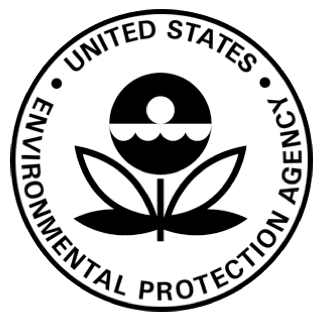Attendees
CAG Members: Louis Kleinman, LInda LaViolette, Andrea Parker, Jason Schwartzman, Erica Eliason, Joan Rodriguez, Peter Reich, Katia Kelly, Mark Yarish, Lisa Bowstead, Susan Yung & Steve Marcus
Guests: Aaron Kaufman, Irene Baker & Joe Ann Brown
Agenda Items Discussed
1) Follow up discussion regarding NYS DEC’s areawide TCE Plume Study near St. Mary Star of the Sea Church, which took place during November 2024.
Action: The Committee asked Steve to reach out to DEC for an update.
2) Follow up discussion regarding the status of NYS DEC’s final decision regarding the proposed remedial plan for Parcel 3 (459 Smith Street) of the former Citizens MGP Works site.
Action: The Committee asked Steve to reach out to DEC for an update.
3) Assemblymember Simon’s letter to DEC regarding 459 Smith Street (aka Parcel 3).
Action: Lisa kindly offered to draft a “Thank You” letter on behalf of the Committee to Assemblymember Simon for submitting her comment letter.
4) At our previous Committee meeting we discussed the former Citizens MGP Works site’s recent Groundwater Monitoring report and asked National Grid’s representative, Irene Baker, if there was a similar report for the former Fulton MGP site. Ms. Baker did respond stating: “There was other recent groundwater monitoring completed at Fulton, which is included in a Sentinel Well Monitoring Summary Report (2025). I recommend contacting DEC directly for that information”.
Action: The Committee asked Steve to reach out to the DEC to request this report.
5) The Committee discussed DEC’s announcement of the proposed remediation and construction near the Mary Star of the Sea Senior Apartments on the site known as The John Tynan Senior Residence.
Action: Comments were drafted and circulated among the Committee for them to submit on their own.
6) The Committee discussed the recent announcement by DEC regarding Parcels 1 & 2 of the former Citizens MGP Works site.
Action: Joan and Erica kindly drafted a comment letter on behalf of the Committee so that members would be able to submit their comments on their own.
7) Joan brought to our attention that DEC completed a Gowanus Canal areawide groundwater study to evaluate the current hydraulic conditions, including groundwater elevations and flow direction. This study was scheduled for completion in late 2024.
Action: The Committee asked Steve to reach out to the DEC to request this report.
You can also find a recording of the meeting here.
Please note: Our next Land Use Committee meeting will take place on Tuesday, December 9th at 6:30pm. A reminder will be circulated during the week of December 1st.

